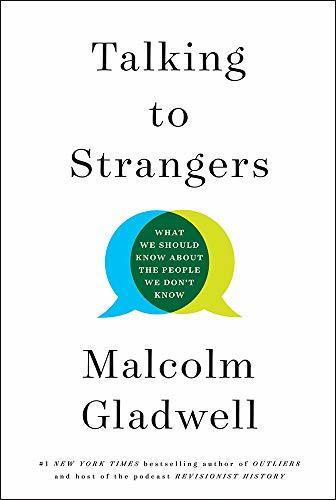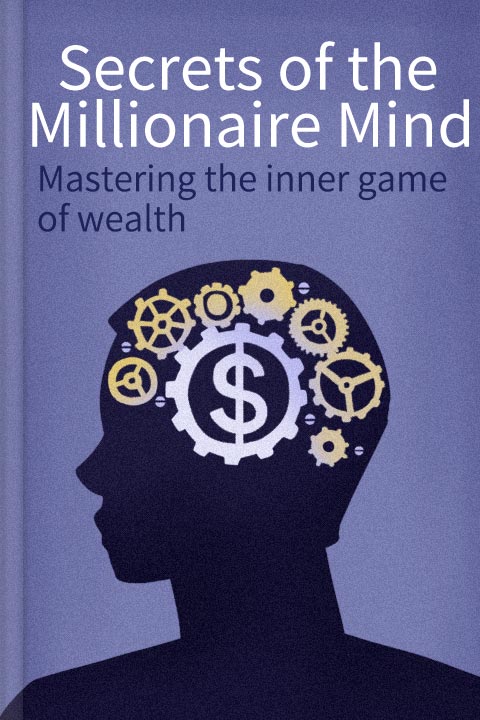Information

Author: Sendhil Mullainathan
Narrator: Ryan
Format: MP3
IBSN: 9780141961194
Language: English
Publish Date:
Audiobook length: 31 min
Readers Also Enjoyed Summary Audiobook 
Why listen to Scarcity
Listening to the summary audiobook of "Scarcity" by Sendhil Mullainathan provides valuable insights into the psychological effects of scarcity on our decision-making and behavior. By exploring how limited resources—be it time, money, or attention—shape our cognitive processes and priorities, the summary highlights practical strategies for overcoming the pitfalls of a scarcity mindset. This condensed format allows listeners to grasp the key concepts efficiently, making it an ideal resource for anyone looking to enhance their understanding of human behavior and improve their decision-making in everyday life.
Key Insights from Scarcity
- Scarcity captures attention and consumes cognitive resources, leading individuals to focus on immediate needs while neglecting long-term considerations. This tunnel vision can create a cycle of poverty and poor decision-making that is difficult to break.
- The concept of scarcity not only applies to financial resources but also to time, social connections, and even attention. When we feel scarce in any domain, we prioritize urgent tasks, often at the expense of important ones, leading to a deficit in overall well-being.
- Mullainathan argues that addressing scarcity requires structural changes in how we approach decision-making and resource allocation. By designing systems that ease the burden of scarcity, society can foster better choices and improve outcomes for those affected.

Brief In, Brilliance Out
Contact: buildlearn.bk@gmail.com















